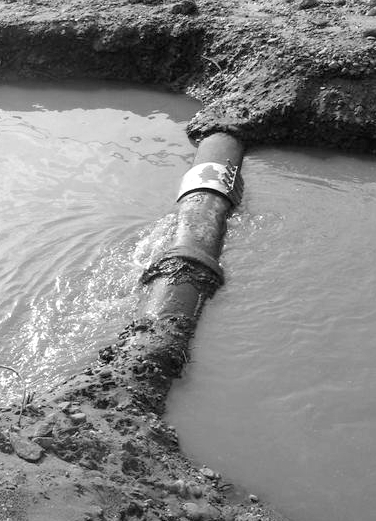'Water trigger' praised for river change
 Conservationists are celebrating legal action that led the federal environment minister to stop Santos dumping coal seam gas waste water in the Surat Basin.
Conservationists are celebrating legal action that led the federal environment minister to stop Santos dumping coal seam gas waste water in the Surat Basin.
Legal action by the Environmental Defenders Office was the first to invoke the “water trigger” in national environmental laws, requiring the minister to consider the impact on local waterways.
Santos had gained environmental approval for a gasfield development that would have let it freely dump coal seam gas waste water in Surat Basin rivers and streams.
But conservationists argued that Environment Minister Josh Frydenberg’s approval of the 6,100-well gasfield south-west of Gladstone last March was unlawful, as it did not cover the impact of releasing millions of litres of waste water into the Dawson River and elsewhere.
The government’s own Independent Expert Scientific Committee warned Frydenberg before he gave the green light about “considerable scientific uncertainty about potential impacts [of this project] on surface water and groundwater and associated ecosystems”, calling for the project’s environmental impacts to be properly assessed.
The Environment Minister and Santos now appear to have changed conditions of the approval in late 2016.
The new approval prohibits discharge of wastewater unless the company can gain the minister’s approval by proving there would be no harmful impact.
The Environmental Defenders Office New South Wales is claiming it as a win on behalf of the Western Downs Alliance.
Western Downs Alliance spokesperson Paul King said the Queensland Resources Council mining lobby had “scoffed and derided our community when we lodged this challenge, even though this was a vital case that has been successful in preventing Santos from discharging wastewater into our rivers illegally”.
“We’re proud to have stood up for our precious water resources as a community group by taking the federal government and Santos to court to help save the Dawson River from being polluted with coal seam gas wastewater,” King said.
“The big mining lobby should stop deriding Queenslanders and start recognising the vital role that communities play in ensuring environmental laws are upheld to protect the land and water our regional communities rely on.”
Santos says it did not have to be forced.
“This condition is consistent with the approach Santos was planning to undertake as per its March 2016 approvals,” a spokesperson for the gas giant said.
“At all times Santos uses the best available science to explore for and extract natural gas safely without adversely impacting the environment, including water resources.”








 Print
Print